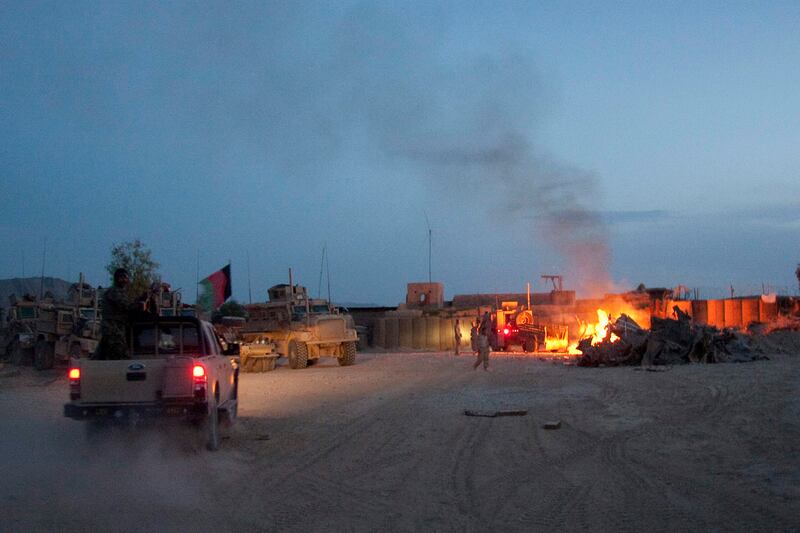Known on Capitol Hill as a moderate Republican, Sen. Mitt Romney joined some of his most conservative colleagues, including Sen. Mike Lee, in voting against a bill designed to help military veterans who were exposed to toxic chemicals while deployed overseas.
The Senate passed the PACT Act 86-11 on Tuesday, a week after 41 Republicans had held up the legislation over concerns about the cost. The bill now heads to President Joe Biden’s desk.
The Congressional Budget Office estimated the measure would add $278 billion to the deficit in the next decade and increase mandatory spending by up to $667 billion.
Romney is among those senators who have issues with the cost. Asked Wednesday why he voted against the bill, his office referred to a statement the senator made when the legislation came up for a vote in June.
“We should absolutely help veterans who have contracted illnesses as a direct result of toxic exposure during their service. However, the scope and cost of this bill is astronomical and unjustified. At a total cost of $667 billion, it would add hundreds of billions of dollars to the national debt and would represent a dramatic expansion of qualifying conditions that aren’t necessarily service-connected disabilities,” he said.
Romney said the nation has a responsibility to veterans and that he would support legislation that better targets disability eligibility requirements based on scientific evidence and research.
Lee offered amendments to the bill that he said would prevent the misuse of taxpayer money, but they were not accepted.
The bill broadens health care access for veterans who became ill after exposure to toxic “burn pits,” which were commonly used by the military to dispose of waste, including medical and hazardous materials and jet fuel, during the Iraq and Afghanistan wars.

The measure extends health benefits to an estimated 5 million veterans, many of whom say they have contracted cancers, respiratory disease and other illnesses after being exposed to hazardous chemicals like Agent Orange during their military service. Another provision in the bill extends federal health care coverage to 23 illnesses.
In his first State of the Union address, Biden called on Congress to pass a bill that would comprehensively address toxic exposures that have impacted veterans as well as their families and caregivers. The president has indicated he believes his late son, Beau, may have contracted his brain cancer from burn pits in Iraq.
Formally titled the Sergeant First Class Heath Robinson Honoring our Promise to Address Comprehensive Toxics, the bill is named for Heath Robinson, a decorated combat medic who died from a rare form of lung cancer.
In addition to Romney and Lee, Republican senators who voted against the legislation are Mike Crapo, of Idaho; James Lankford, of Oklahoma; Cynthia Lummis, of Wyoming; Rand Paul, of Kentucky; Jim Risch, of Idaho; Thom Tillis, of North Carolina; Pat Toomey, of Pennsylvania; Tommy Tuberville, of Alabama; and Richard Shelby, of Alabama.



